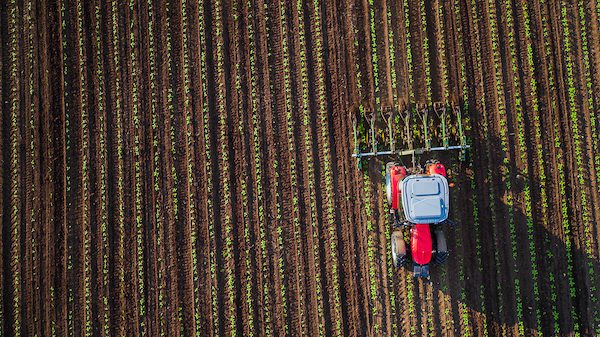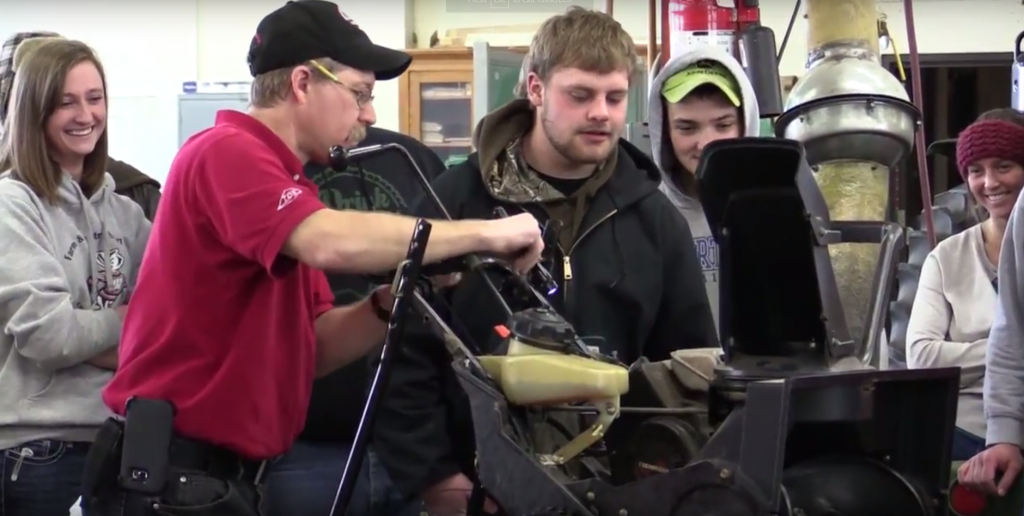
UW–Madison’s Farm & Industry Short Course (FISC) has connected farmers with industry experts for more than 130 years, providing an education that is both practical and research driven. The future is also looking bright according to Director Jessie Potterton, who recently spoke with the news division of the university’s College of Agriculture and Life Sciences (CALS).
Potterton shared that FISC will have two eight-week sessions rather than one 16-week session beginning next year. The goal is to streamline students’ schedules.
“There’s a fall and spring session with lectures three days a week or two days a week,” she said. “Reproduction of Farm Animals, a popular course, might have lectures three days a week, and there’s an extended lab on Tuesdays or Thursdays. Ruminant Nutrition…might have lectures two days a week, and there’s an extended lab one day.”
An updated curriculum will debut in fall 2017 as well. Though it looks a bit different from its predecessor, it still offers plenty of opportunities for customization and hands-on learning. The next cohort begins on Oct. 30, with a Sept. 1 application deadline.

Student centered, career focused
Currently, students tailor the FISC experience to their interests, choosing courses from areas such as soils, crops, dairy, meat animals, agricultural engineering, agribusiness, and communications. Students can select a specialty such as the business side of farming during their first year.
“The farming business classes relate to basic skills employers would expect: communications, human resources, soil science and forage crops, ag safety and health, food safety, rural social economic issues, and business principles,” Potterton explained.
Agriculture professors and other industry leaders teach all FISC courses, and graduates find work as farm managers, milkers, herdsmen, crop assistants, and more. Some go on to start their own farms or work in other parts of the agribusiness sector.
Cultivating the Wisconsin Idea
In addition to explaining how FISC evolves to meet future farmers’ needs, Potterton highlighted program details that might surprise casual observers.
First she noted that FISC accepts applications from all over the world. While most students hail from the Midwest, a significant number come from New York, Pennsylvania, and other parts of the Northeast. Arizona, Texas, and California make a strong showing as well. After students graduate, they apply their new knowledge in communities across the country, putting the Wisconsin Idea into action.
Potterton also explained how FISC students get a taste of UW–Madison’s undergraduate experience. During the non-growing season—late fall through early spring—they live in residence halls, use university libraries and exercise facilities, and even attend Badger football games.
“With FISC you’re just here a shorter amount of time. Then, if you want to transfer those credits to UW–Madison, you can do that,” she said.
In other words, FISC is a smart choice for people who want to return to the farm right away—and those who hope to return to college when the time is right.
For more information on FISC, see here.